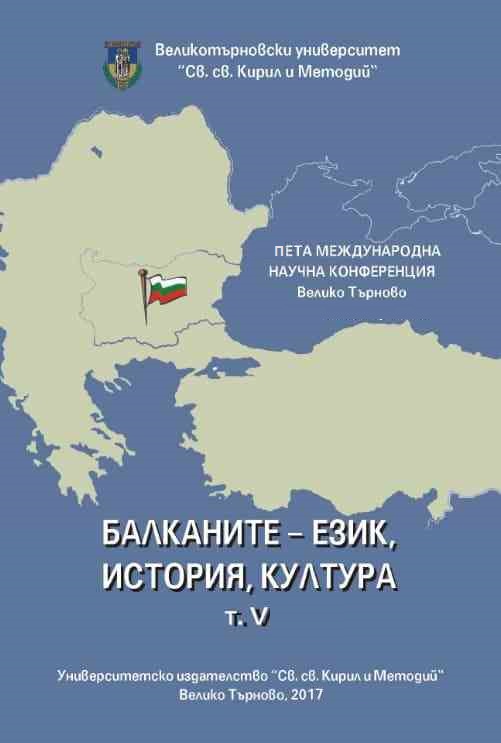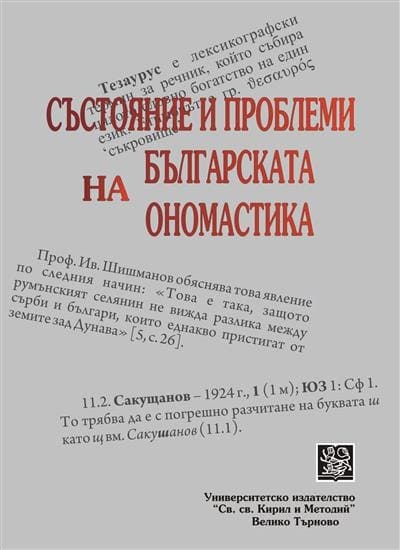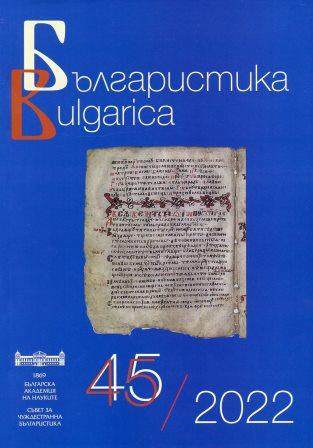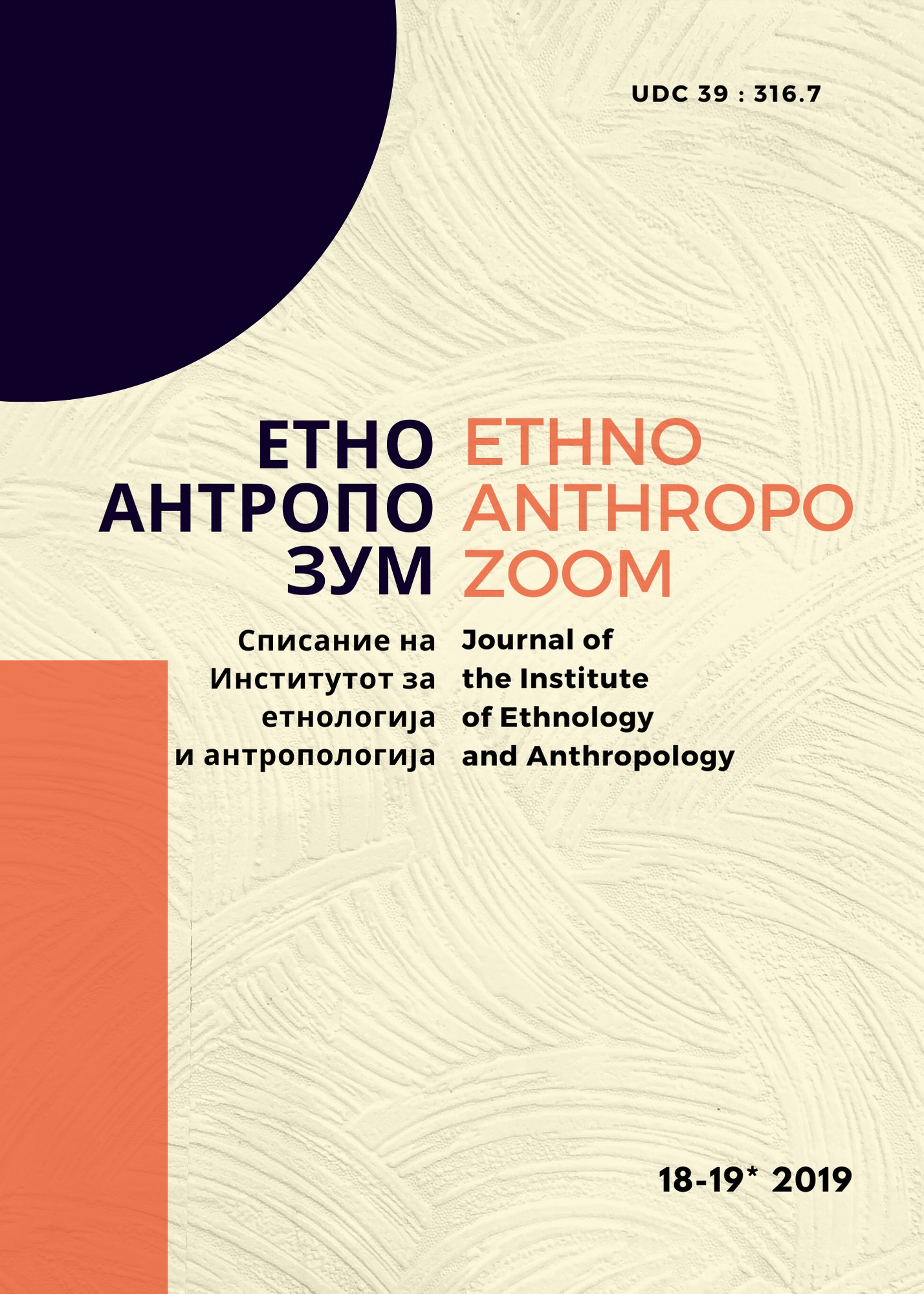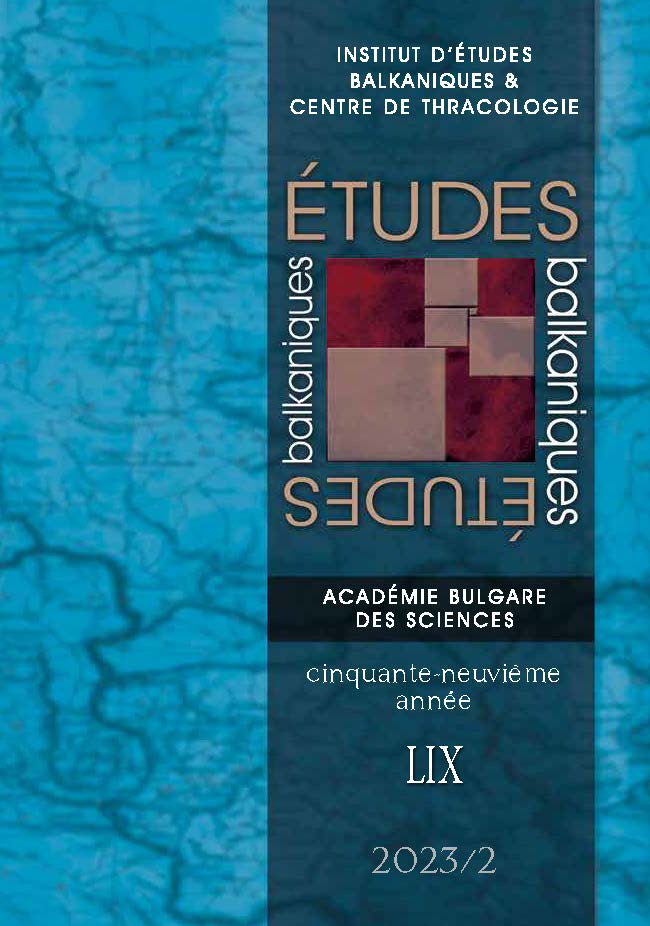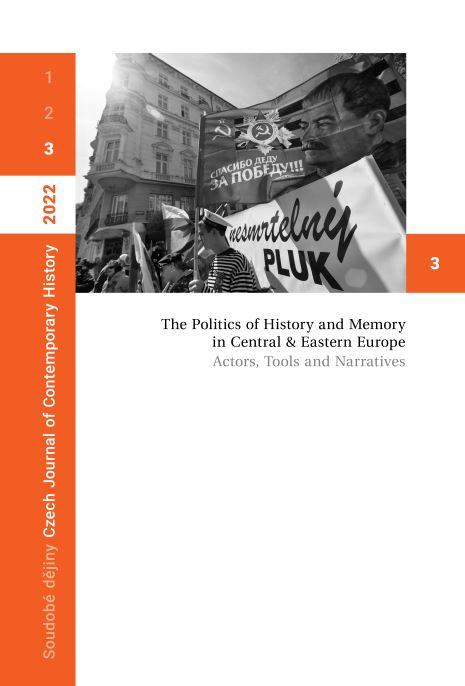
The Eternal Legacy of the Great Patriotic War?
Theoretically grounded in memory studies, this article reconstructs how the official Soviet-Russian myth of the Great Patriotic War has been politically instrumentalized and abused to promote and legitimize the Kremlin’s power intentions. It examines the forms, mechanisms and actors of this systematically applied politics of history and memory. First in the context of the Soviet intervention in Czechoslovakia in August 1968 and the justification of the subsequent Soviet Army’s stay in the country, then in the context of the propaganda activities of (pro-)Russian activists in the Czech Republic and the current Russian aggression against Ukraine. By the myth of the Great Patriotic War, the author understands the purposefully created, maintained and idealized image of the victorious campaign of the Red Army between 1941 and 1945, the selfless and unprecedented Soviet heroism that saved European nations from German fascism. This sacralized narrative, which suppresses other historical narratives, is monopolized in contemporary Russian state policy as an important tool to shape the historical memory of Russian society and to unite it against new and presumably hostile threats. The author demonstrates the strategy in which during the normalization of the 1970s and 1980s the soldiers of the Soviet Army, who allegedly provided “fraternal assistance” in the suppression of the counter-revolution in Czechoslovakia in August 1968, were presented as the successors and “sons” of the heroic liberators of 1945 and shows how they themselves used and participated in this cult in their “comradeship” with Czech society. After the collapse of the communist regime, this official narrative lost its weight, but the “Russian world” (russkii mir) as a conglomerate of ideas linking segments of Russian culture, Orthodoxy, nationalism and shared historical memory has penetrated the Czech Republic, serving as a “marketing brand” to spread Russia’s geopolitical influence during Putin’s rule. Through the Russian-language press, web platforms and social media, the author maps the actors and forms of the “Russian world” in the Czech Republic, whose background consists of part of the local Russian minority and local pro-Russian associations or initiatives. She pays particular attention to the nationalist motorcycle club Night Wolves (Nochnye volki) and the originally civic, but gradually becoming a state movement Immortal Regiment (Bessmertnyi polk), which revive and promote the myth of the Great Patriotic War in line with the Kremlin’s intentions and which establish their branches beyond the borders of Russia, including the Czech Republic.
More...
